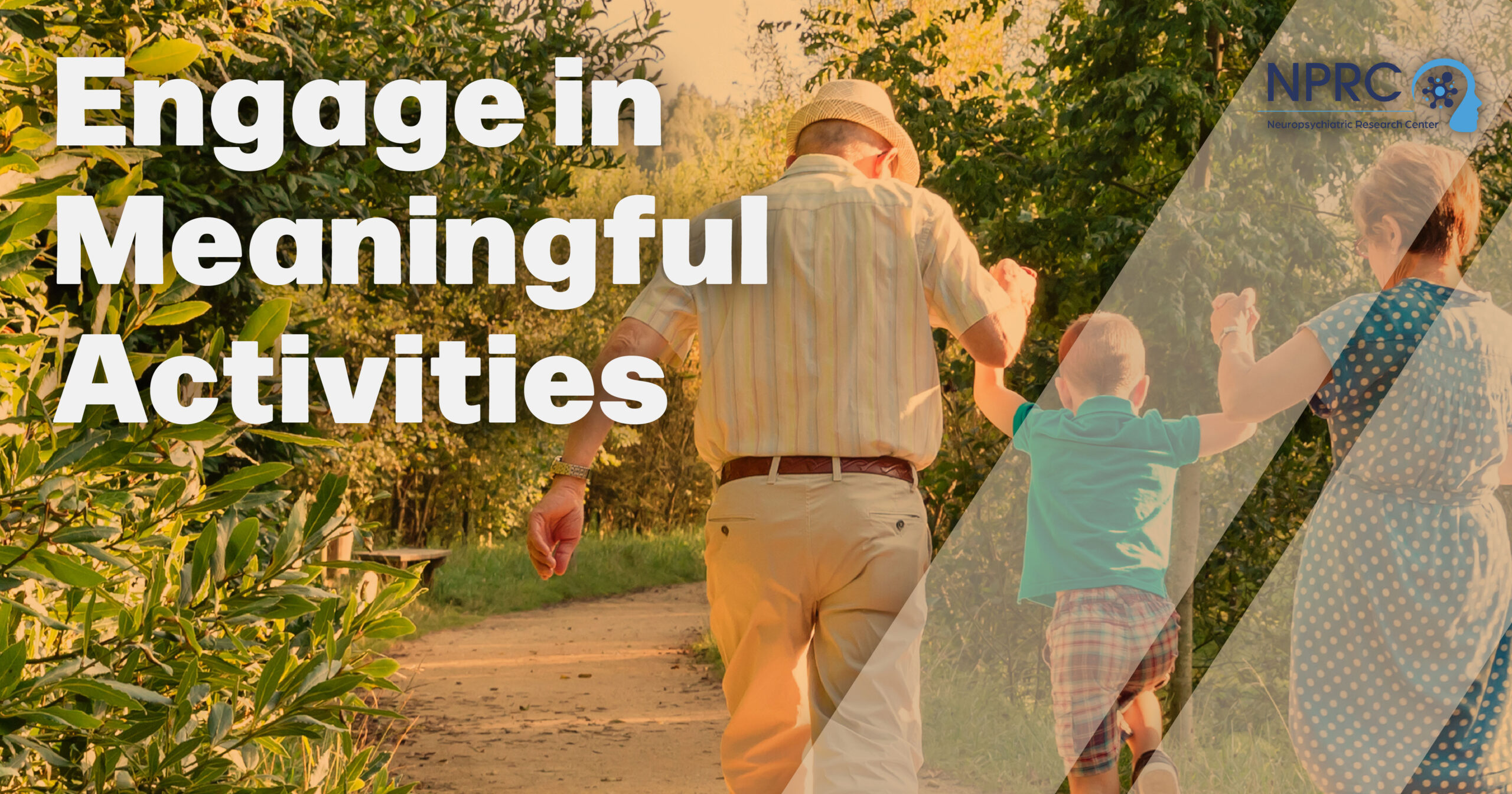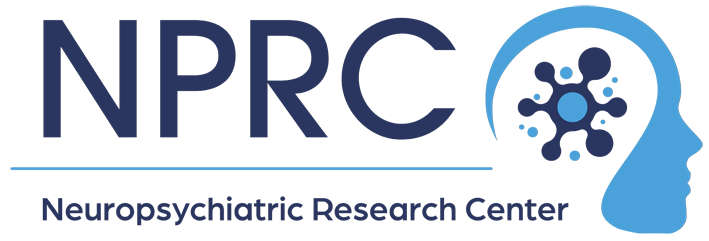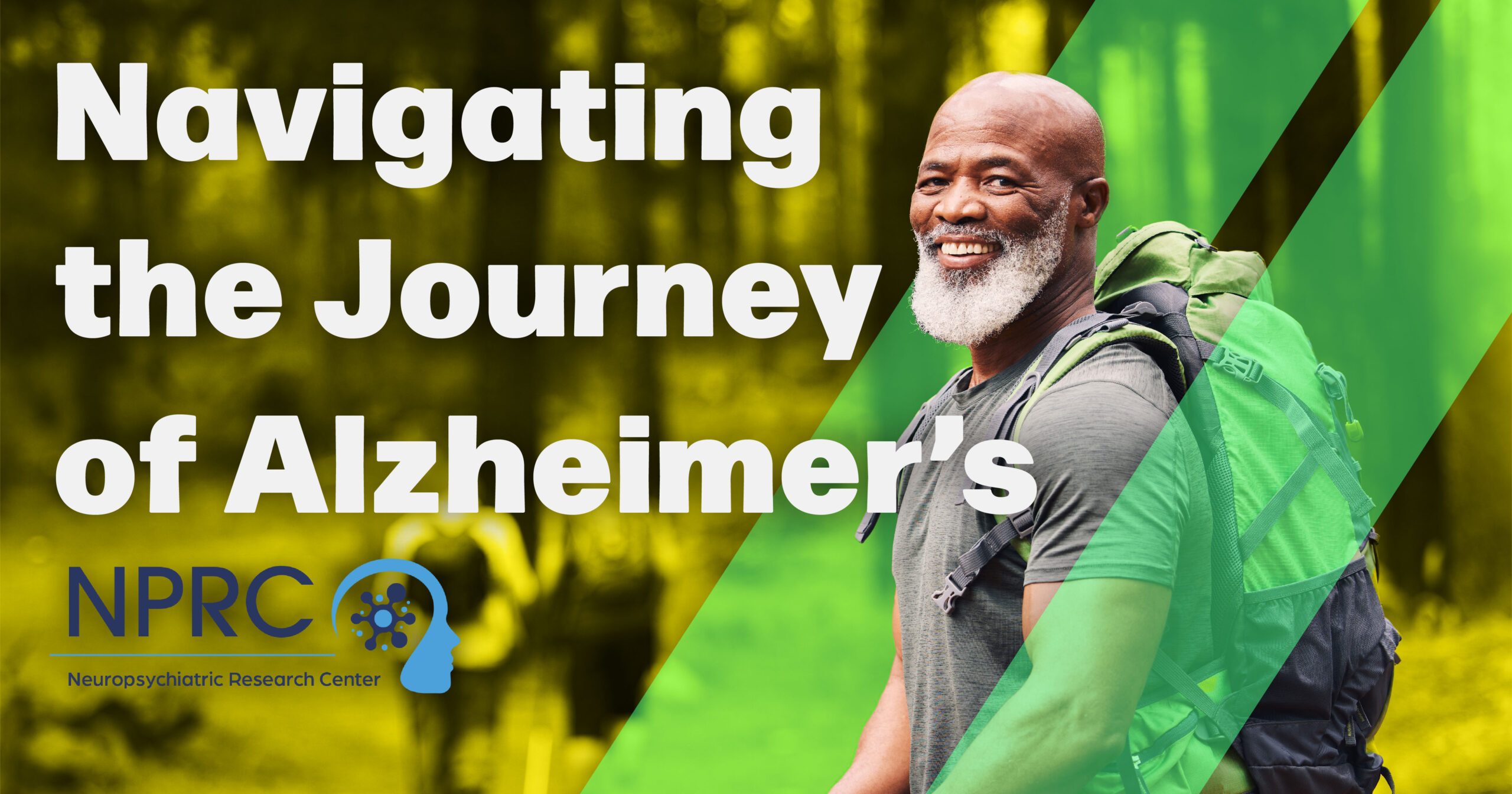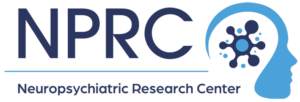Understanding Alzheimer’s Disease:
Alzheimer’s disease primarily affects memory, cognitive functions, and behavior. As a caregiver, educating yourself about the stages and symptoms of Alzheimer’s is crucial. This knowledge will empower you to provide better care and navigate the challenges that may arise.
Developing a Routine:
Establishing a consistent routine is beneficial for individuals with Alzheimer’s. Predictability and familiarity can help reduce anxiety and confusion. Ensure that daily activities, such as meals, medication, and recreational time, follow a structured schedule.
Effective Communication:
Communication becomes increasingly challenging as Alzheimer’s progresses. Use clear and simple language, maintain eye contact, and be patient. Allow ample time for the person to process information and respond, avoiding rushed conversations that can lead to frustration.
Create a Safe Environment:
Modify the living space to enhance safety. Remove potential hazards, install handrails, and use labels or color-coded cues to help with navigation. Securing doors and windows may prevent wandering, a common behavior in Alzheimer’s patients.
Seek Support:
Caring for someone with Alzheimer’s can be emotionally taxing. It’s essential to build a support network, including family, friends, and professionals. Joining caregiver support groups provides an opportunity to share experiences, gain insights, and receive emotional support.
Respite Care:
Taking breaks is crucial for maintaining your well-being. Consider arranging respite care to ensure you have time for self-care and relaxation. This break can rejuvenate your energy, making you better equipped to provide quality care.

Engage in Meaningful Activities:
Despite cognitive decline, engaging in activities the individual enjoys can have a positive impact. Music, art, or simple exercises can stimulate the mind and provide a sense of accomplishment. Tailor activities to their abilities and interests.
Legal and Financial Planning:
Addressing legal and financial matters early is vital. Establish power of attorney, discuss end-of-life care preferences, and ensure that financial affairs are in order. Seeking professional advice can simplify these complex processes.
Embrace Flexibility and Patience:
Flexibility is key when caring for someone with Alzheimer’s. Be prepared for unpredictable situations, mood swings, and changes in behavior. Approach each day with patience and empathy, understanding that your loved one may be facing internal struggles.





